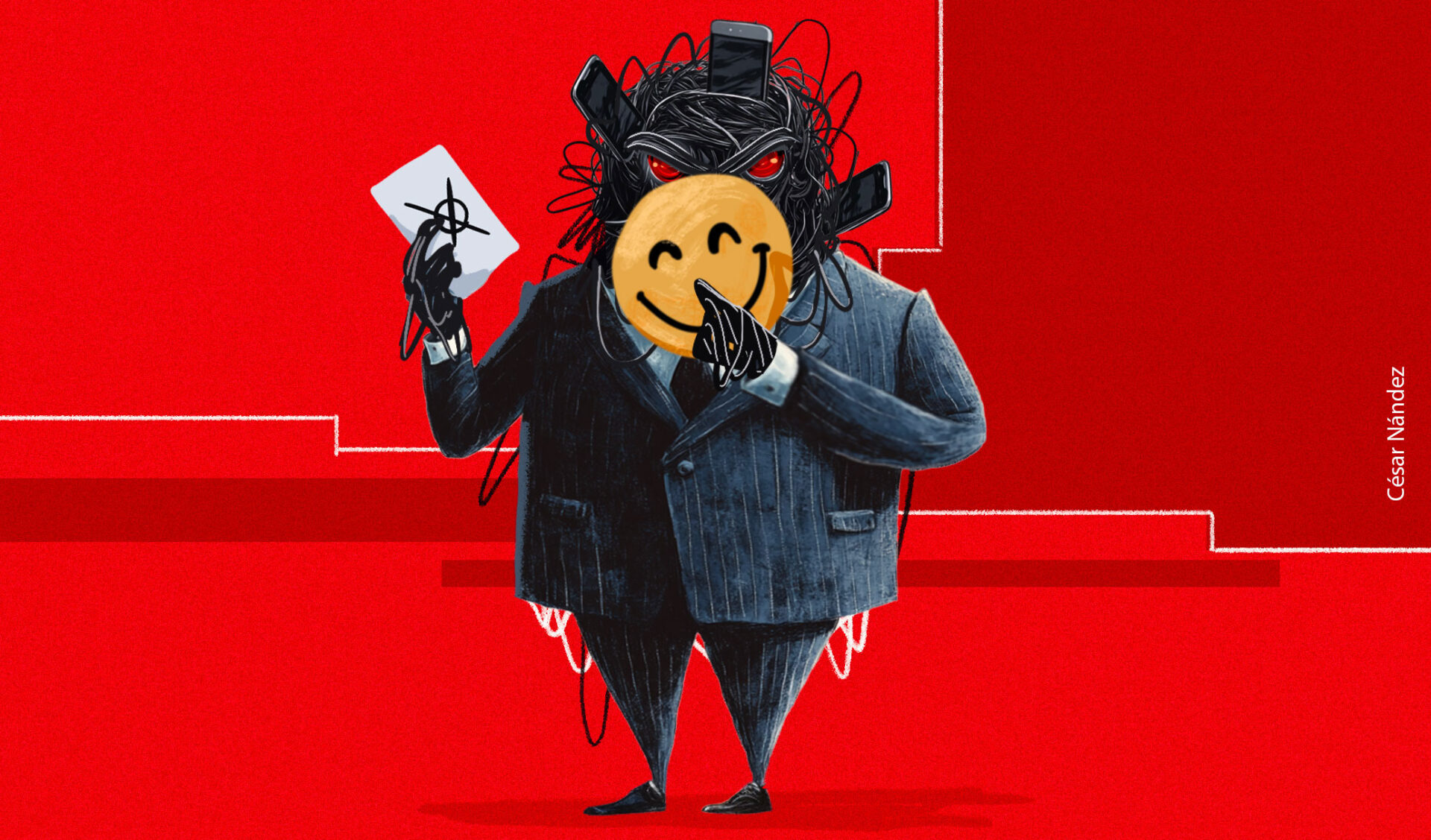In a disordered world where breaking the rules is more common and alliances are increasingly fragile, politics seeks more power—whether to influence, hijack, spy, or deter. The aim is not only to rely on weapons and bombs; institutional mechanisms are also required to advance the domination strategy of ruling elites, whether embedded within or orbiting the system. Considering that gaining power is one thing and exercising it is another, if political ascent is increasingly achieved through plebiscitary mechanisms dominated by majority rule—in a “zero-sum” logic where the winner takes all—why not apply the same logic when in power, even if it dismantles principles that were once considered untouchable?
Moreover, given the new scenario that has been taking shape since the start of the century, communication with citizens through digital mechanisms and their data-gathering and handling derivatives has become not just functional, but clearly indispensable. If Marie Antoinette went down in the history of political manipulation with her infamous “let them eat cake,” today’s provocation rides on the entertainment supposedly offered for free by the digital world. Pour onto the masses every kind of distraction and entertainment—without forgetting the ability to shape their tastes and sway their preferences.
The spectacle can also be fed by offering alternative truths and well-nourished conspiracy theories. Fear is manipulated and embraced for its paralyzing effect, just as a range of palliatives are explored that tend to concentrate power. Meanwhile, the old order is dismantled under the pretext of the inability of governments born of traditional practices to solve people’s problems. In all of this, it is unsurprising that leaders argue with one another on social media platforms they use directly, while also sending messages to their followers to draw them into a logic of complacency and complicity. Nor is it surprising that cabinet meetings are broadcast live in the name of a well-received transparency, as has recently been the case in Colombia.
In this context, it is not strange that power—understood as the ability to act, legal and political authority, control or influence over others, as mental or moral strength, and of course as the use of physical force—employs old referendary mechanisms combined with newer ones. Invoking the people has always been a common instrument. Whether through crude and sinister forms of control, as occurred in Francoist Spain from 1939 to 1977 under the guise of so-called organic democracy; in various Latin American sultanistic regimes like those of the Somozas, Trujillo, Stroessner; or in military dictatorships under the banner of national security or otherwise; or in the so-called people’s democracies, particularly in Eastern Europe from 1945 to the early 1990s.
Today, the decoy of appealing to the popular will repeats itself, albeit in a very different context. Practices that are ostensibly democratic—respecting the idea of public consultation—often conceal authoritarian components in strategies aimed at keeping specific individuals or projects in power. From the upcoming popular election of judges in Mexico, pushed forward in the final stretch of Andrés Manuel López Obrador’s government and uncritically accepted by his successor Claudia Sheinbaum, to the looming threat of Donald Trump’s unconstitutional reelection in 2028, and the manipulative popular consultation in Colombia sponsored by Gustavo Petro on labor reform—the political game is veering along similar twists and turns.
However, it is the more subtle mechanisms of information and communication—those in which the world has been socializing over the past fifteen years and whose use and significance intensified during the pandemic—that channel much of today’s political activity. Added to this is the constant monitoring of popularity ratings, which power uses to perpetually self-justify.
What is original is the configuration of a new plutocracy centered around the corporate digital complex that now penetrates the political realm. The presence of its major tycoons at the U.S. president’s inauguration a hundred days ago was clear evidence of this, as was the subsequent government protagonism of Elon Musk, which now seems to be fading. Their alliance represents an unprecedented concentration of power. The immediate knowledge of people’s preferences, combined with the ability to shape them and the executive arm of politics, constitutes a radical shift.
On a much smaller scale, the Salvadoran experiment has been—and continues to be—a wake-up call to this state of affairs. Here, both factors converge in one person: the advertising executive turned politician, Nayib Bukele. First, he secured the presidency through an unquestionable electoral process amid a deep systemic crisis. Then, he embarked on an erratic exercise of power through a sophisticated communication team. Now, driven by boundless ambition and an outright authoritarian drift, he runs a pathetic model of illusion-selling, structured as a prison-state, winning applause and aligning himself with Trump-style disruption.
*Machine translation proofread by Janaína da Silva.













